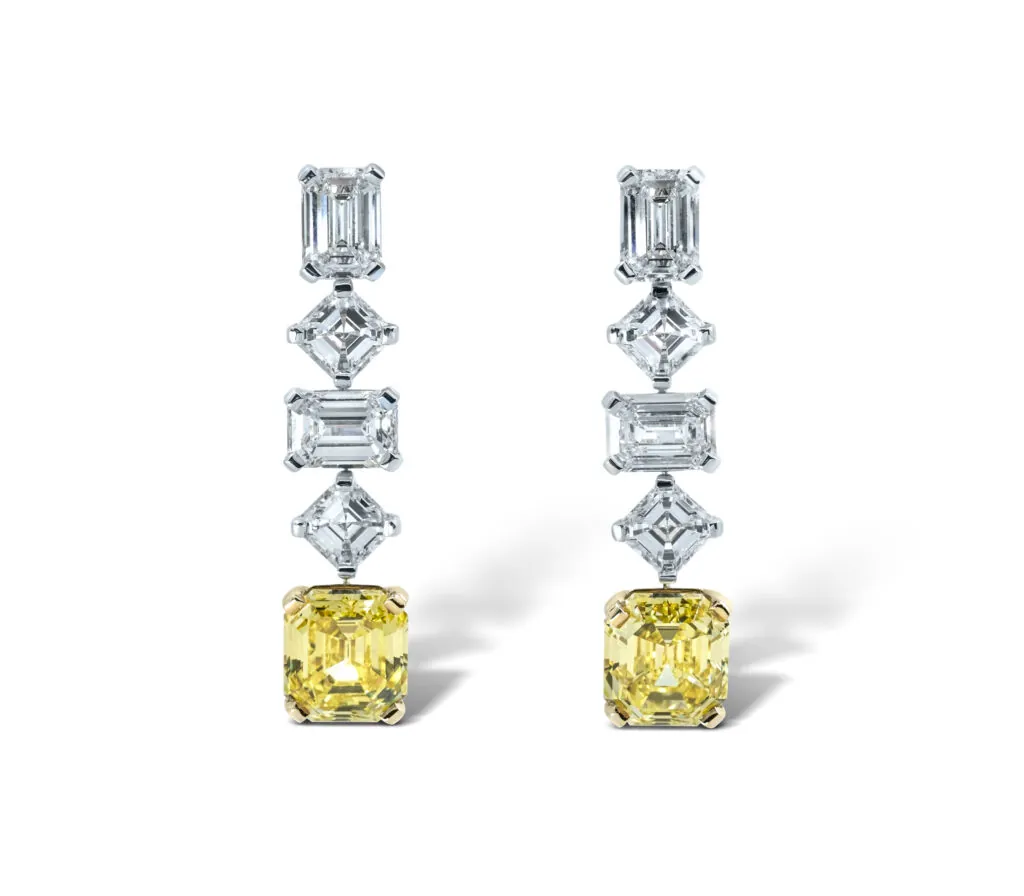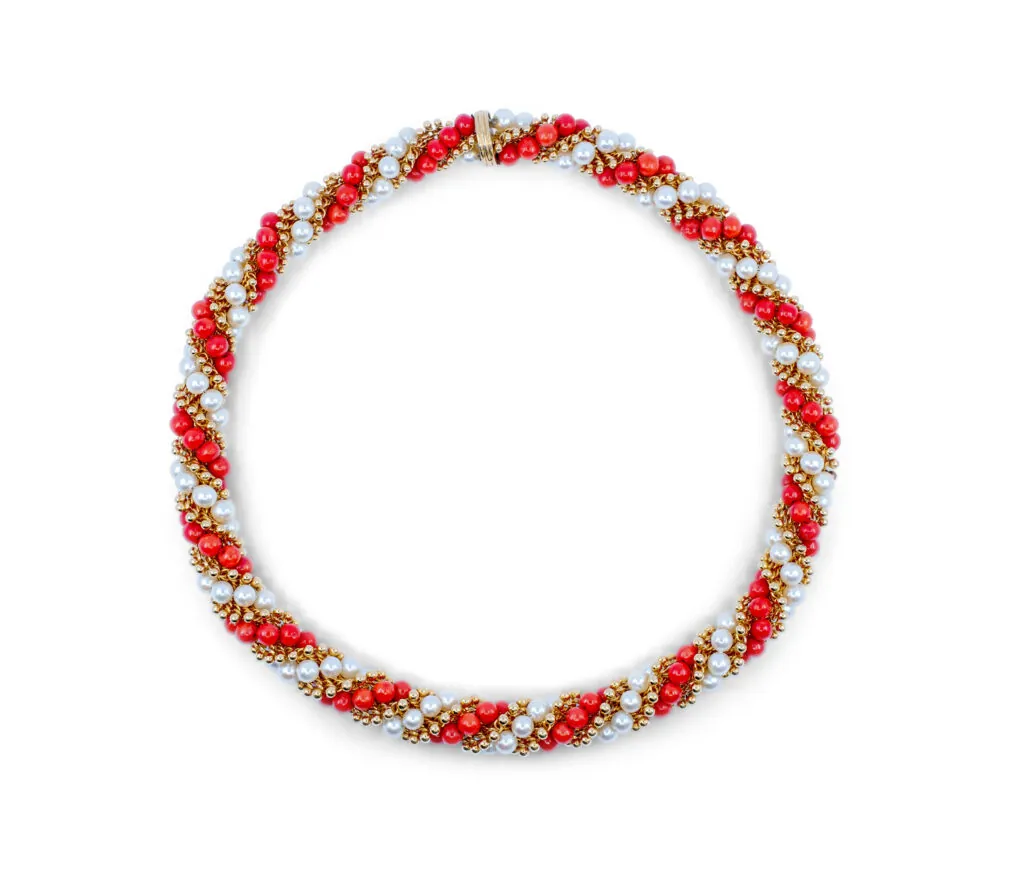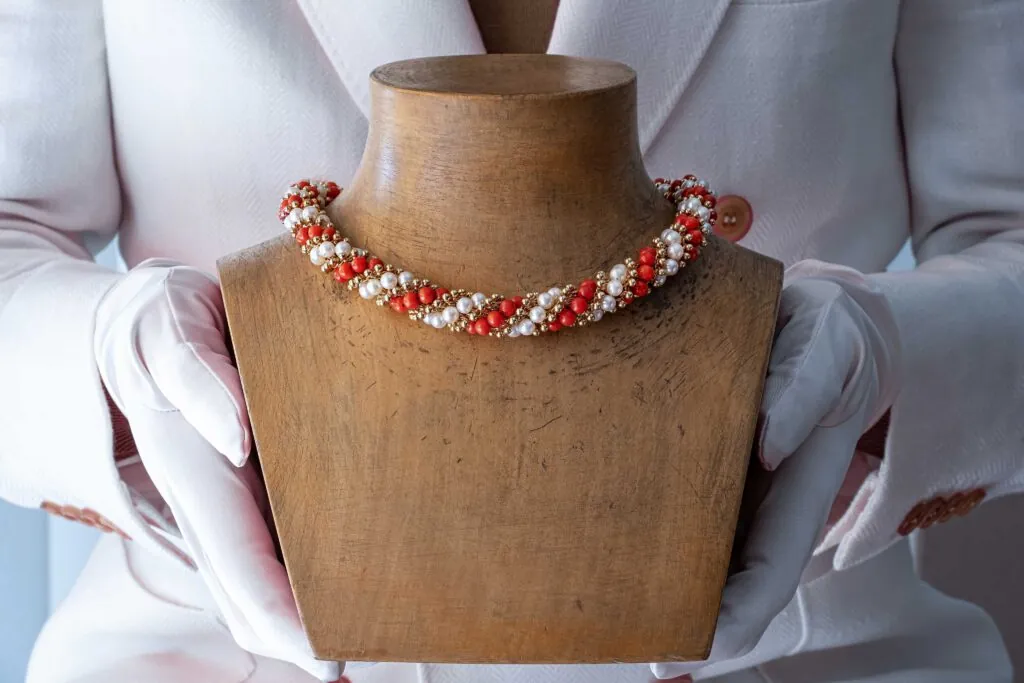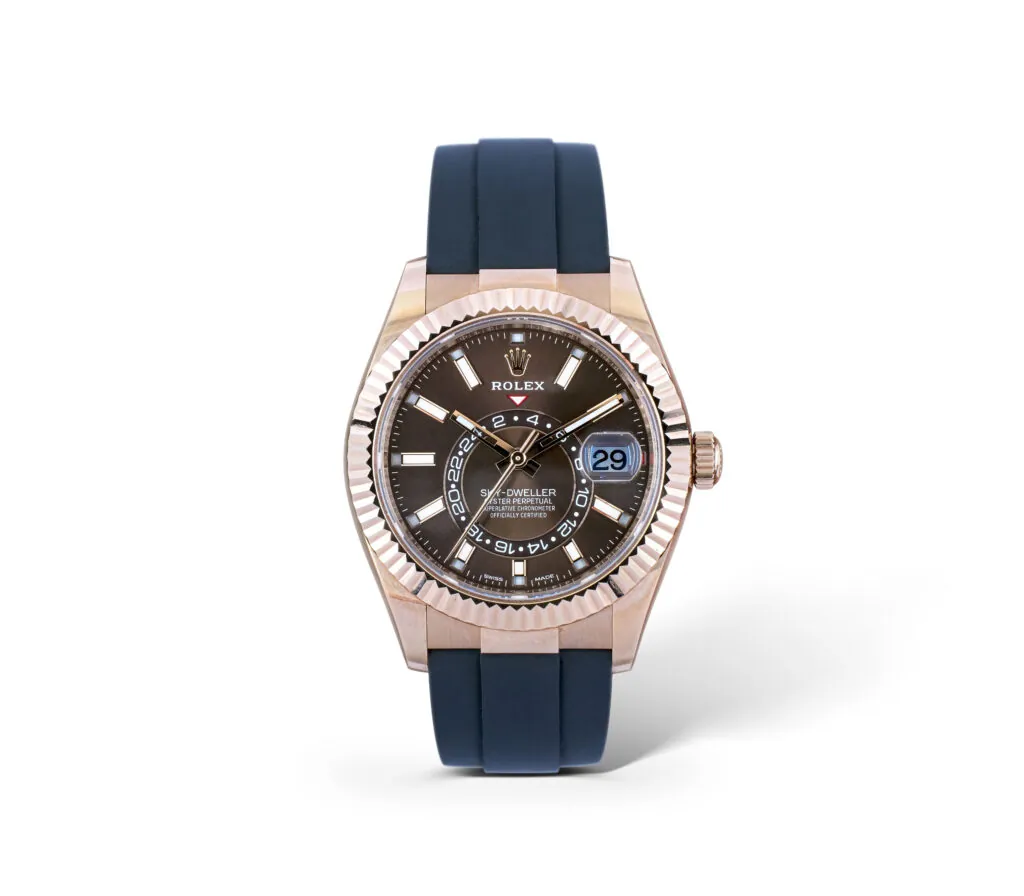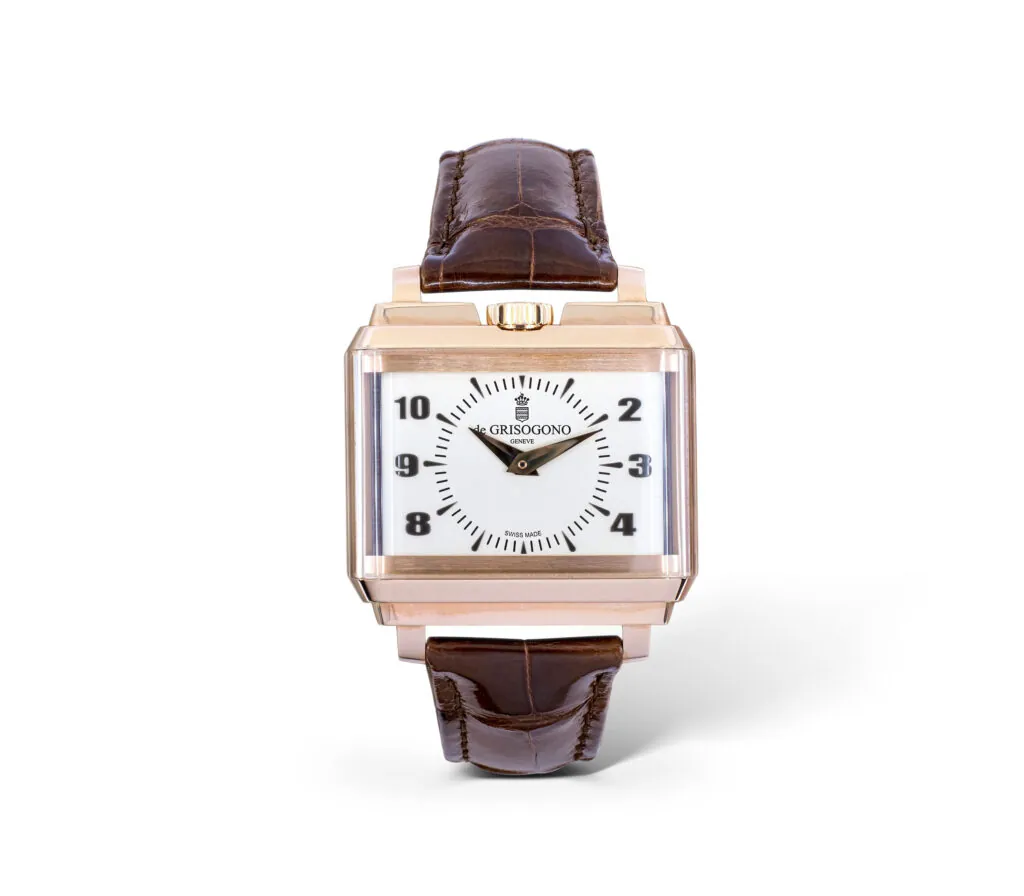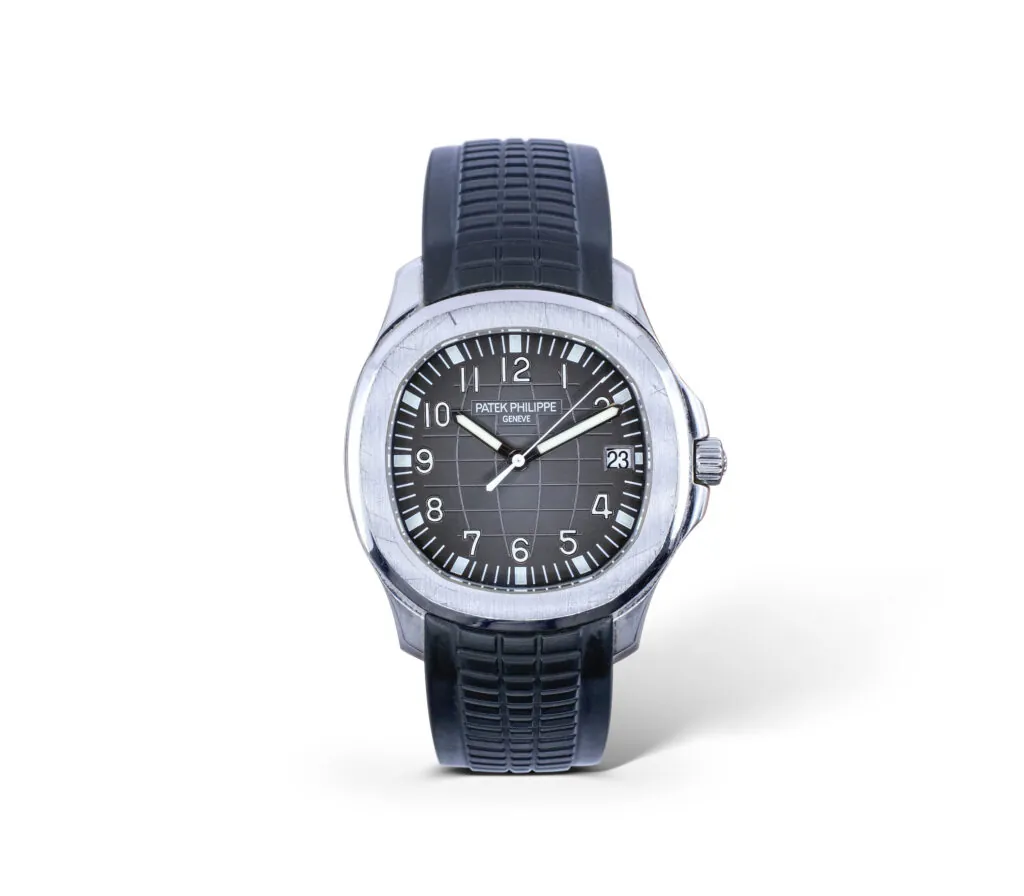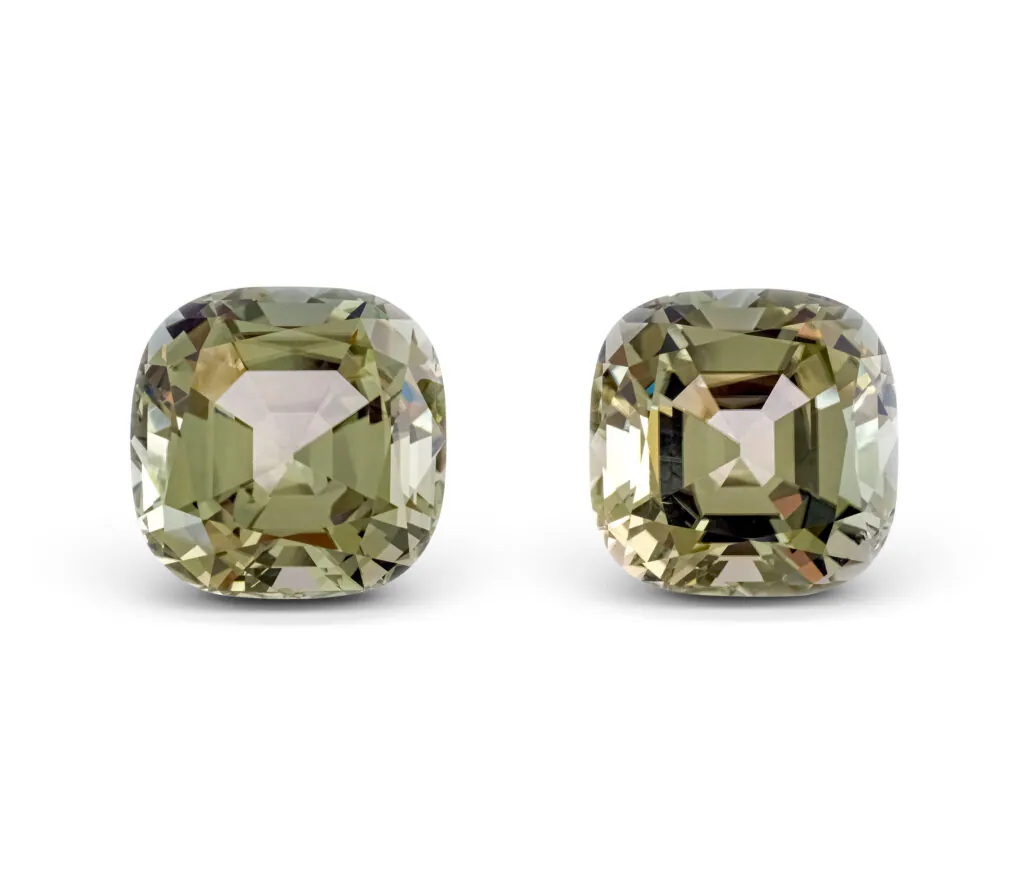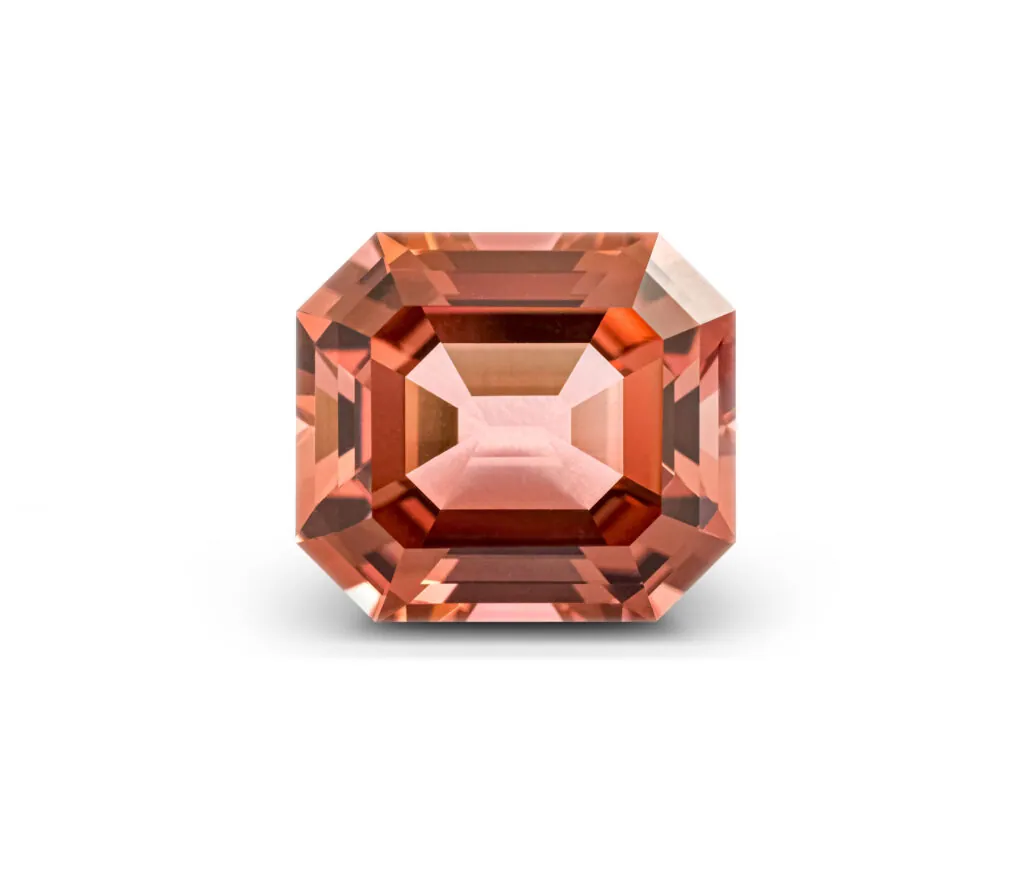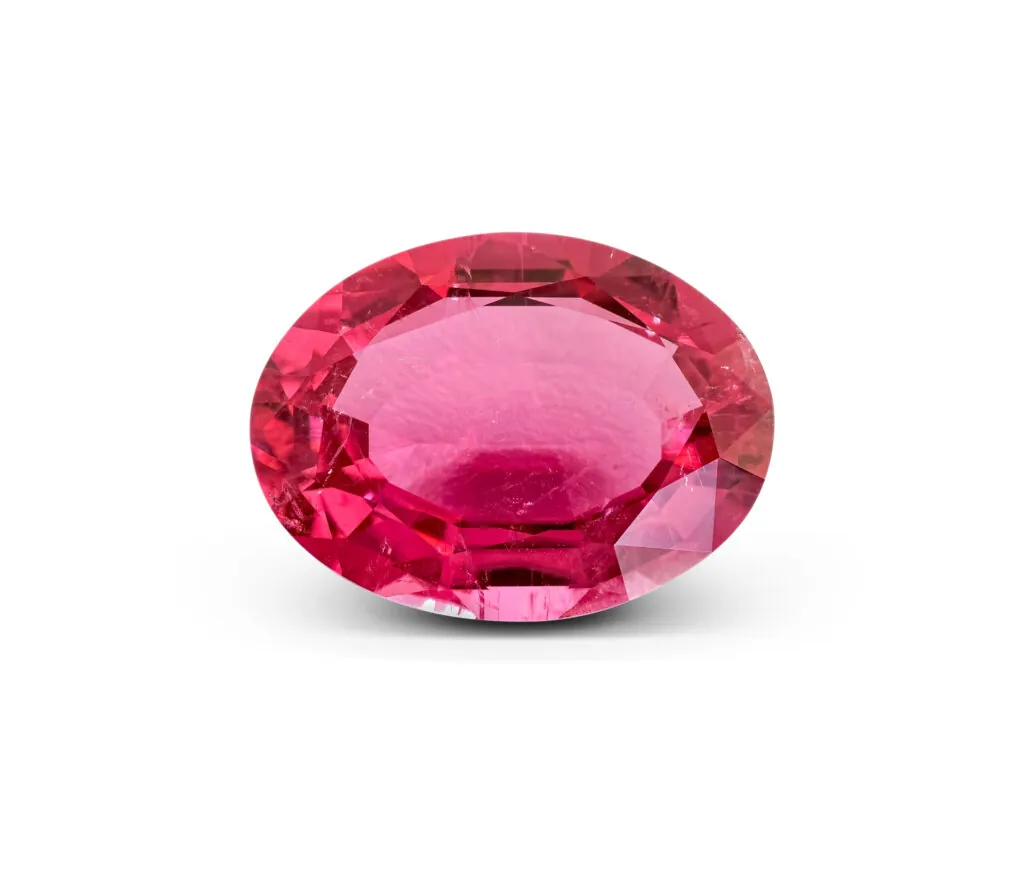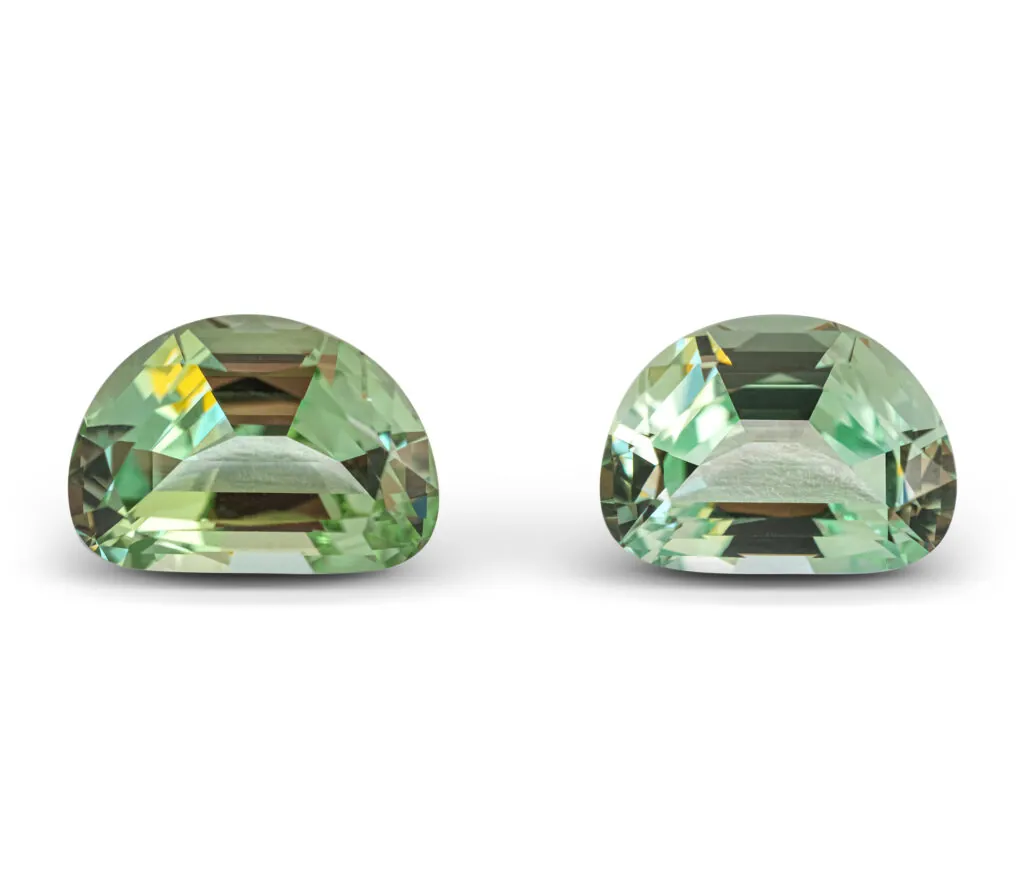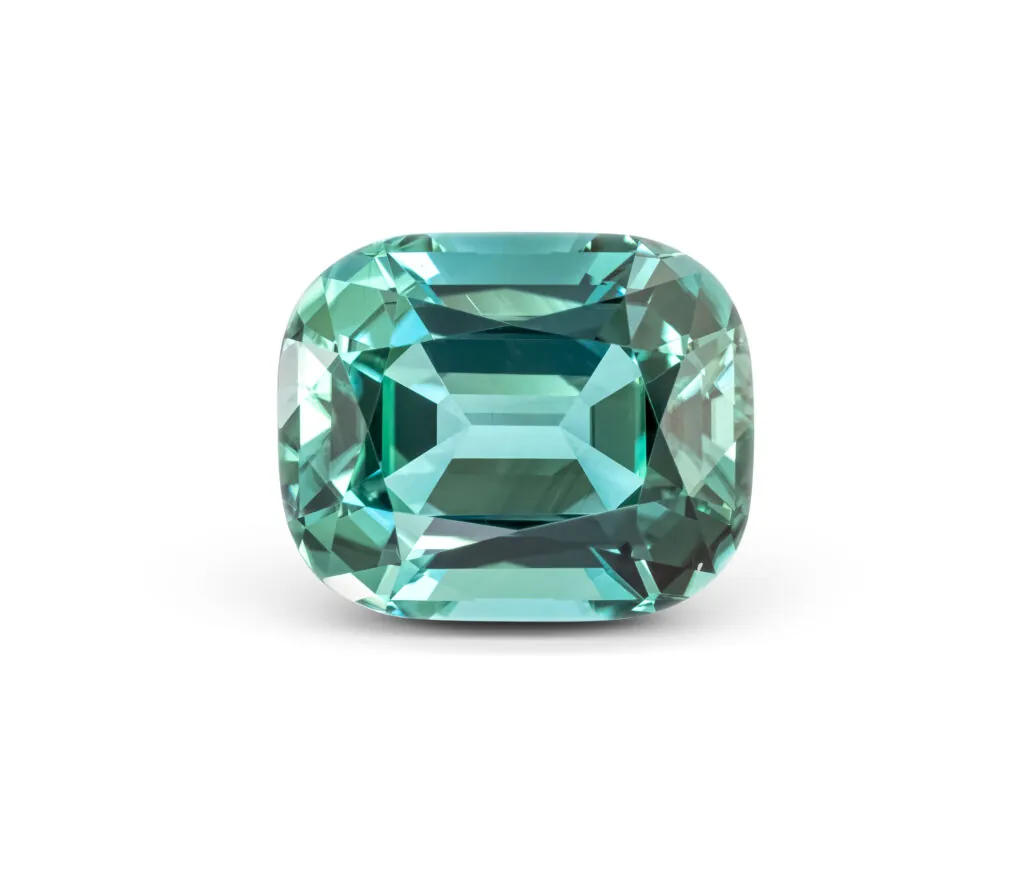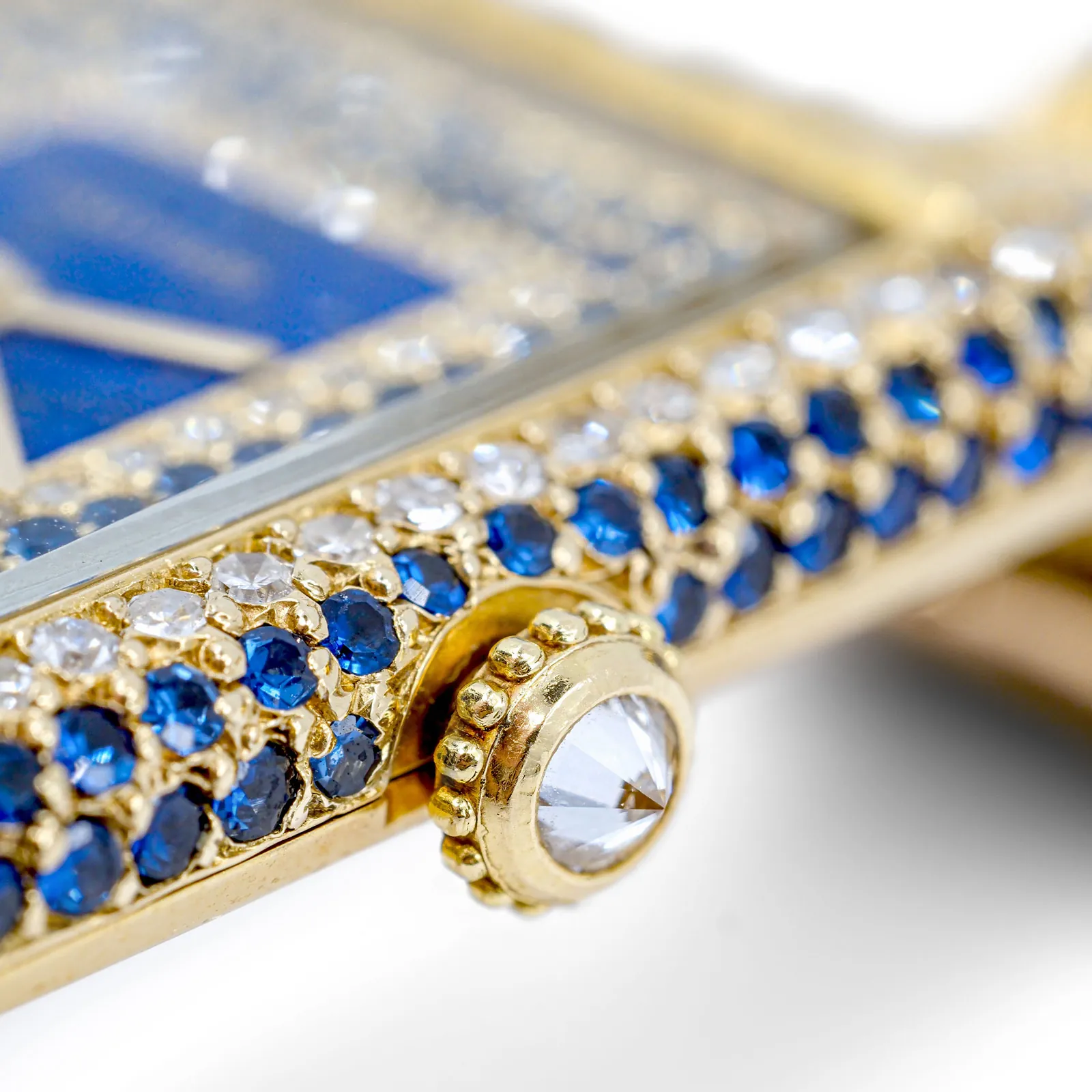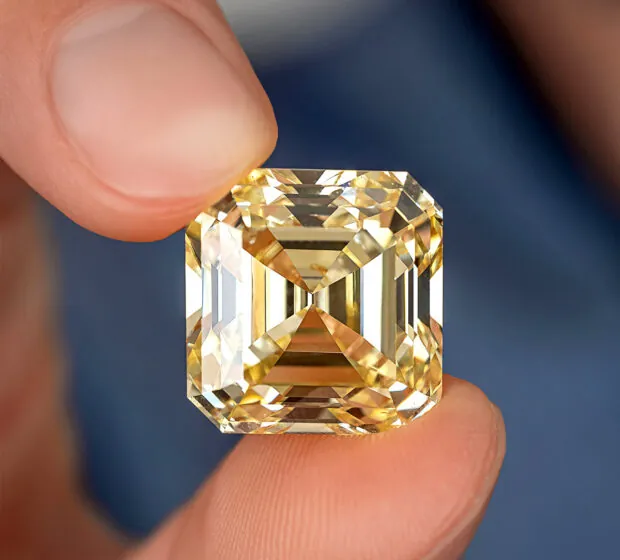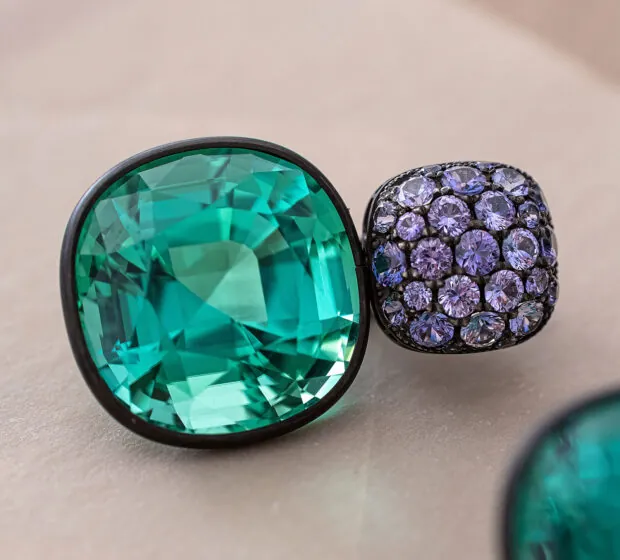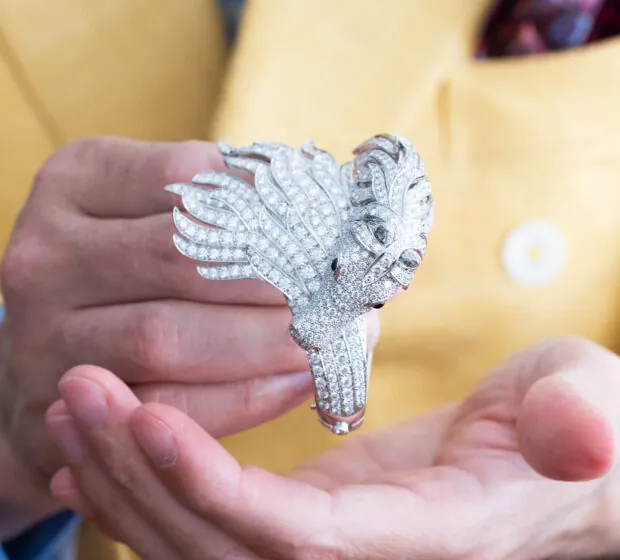What is a vintage watch?
It is not the same as a watch that is “pre-owned,” which is the polite word for “used.” A 2019 Patek Philippe Nautilus that was purchased, worn just once, and then sold is referred to as pre-owned. Alternatively, it can be a 2003 Omega Speedmaster that has seen a lot of love over the years and is now prepared for a new home.
Due to high demand and limited supply, the pre-owned market has also emerged as the first place that consumers frequently go to purchase modern timepieces, despite the “For Exhibition Only” signs strewn about watch boutiques. These days, purchasing a watch directly from Richard Mille, Audemars Piguet, Patek Philippe, or Rolex requires a great deal of patience, good fortune, or both. Therefore, it can be easier to buy vintage watches.
Don’t forget to take into account the age. A 20-year-old’s vintage item is most likely from the 1990s or the early 2000s.
In the complex world of vintage timepieces, nothing is clear-cut, and the fact that experts are unable to agree on a precise definition says it all. So, to assist you in sorting through the technicalities of your horological exploration, we have compiled a list of streamlined dos and don’ts.
Ask about quality conditions
There is a lot of subtlety and rich history to consider when evaluating the quality and condition of a vintage watch. Timepiece producers are always refining their own designs and introducing fresh iterations of the “same” watch with small to significant enhancements.
A watch with all original components—that is, one that originated at the brand’s factory when it was manufactured—is something that many antique enthusiasts prioritize. As you can guess, it may be quite the task to keep an eye on things in this state. Even in cases where the brand was previously consulted directly by the owner for routine watch maintenance, the company might have upgraded an outdated component for the better function and aesthetic.
Don’t forget about return window
You typically have the luxury of a 14-day return window, depending on where you buy from, to change your mind and receive a full swap. Even though it may seem evident, take advantage of this if you’re not quite satisfied with your purchase.
Stick to the budget
Don’t forget this simple rule while choosing your first vintage watches. It may sound obvious, but sometimes we all can overestimate our current abilities to purchase something.
Don’t over-stress about paper and a box
Asking for a “box and papers” has become a reflexive question for any new enthusiast as watches gain popularity. A watch must be authentic if it is delivered as a “full set” (box, papers, tags, etc.) straight from the store. Generally speaking, yes. However, it is a mistake to value box and papers more highly than actual quality, and this tendency has recently been encouraged in the novice watch community.
Conclusion
Choosing a vintage watch is a challenging but fascinating endeavor. Don’t forget that you are doing it for yourself first and foremost, so do it with love. Rely on your intuition to choose a unique watch, but also keep in mind the technical features.
Please, do not hesitate to contact us. Our specialists will be happy to help you choose your first vintage timepiece.

